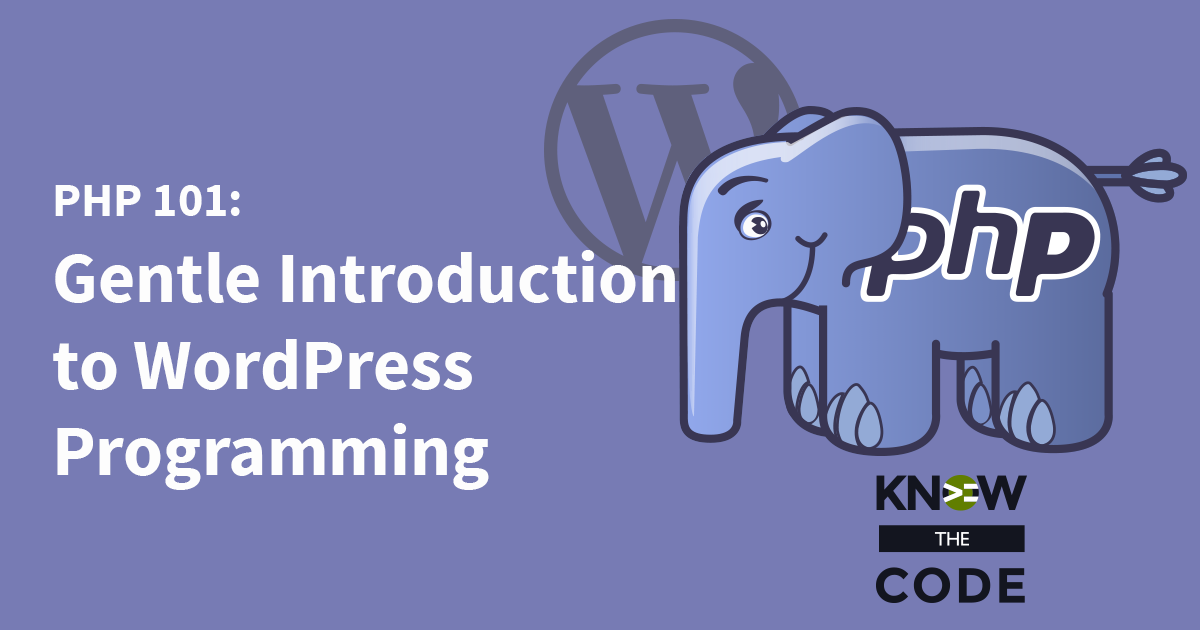Throughout this lab, you were introduced ever so gently to PHP programming and how WordPress uses it. You looked at the basic concepts and constructs in the language. Then you wrote some code to see it work for yourself. Then you went into WordPress Core, Genesis framework, and two different themes to see it in action. Whew, that’s a lot to take in. Where do you go from here then? That depends upon your professional goals. What do you want to do? If you want to learn more about PHP, go to the PHP Mastery Library. If you want to […]

